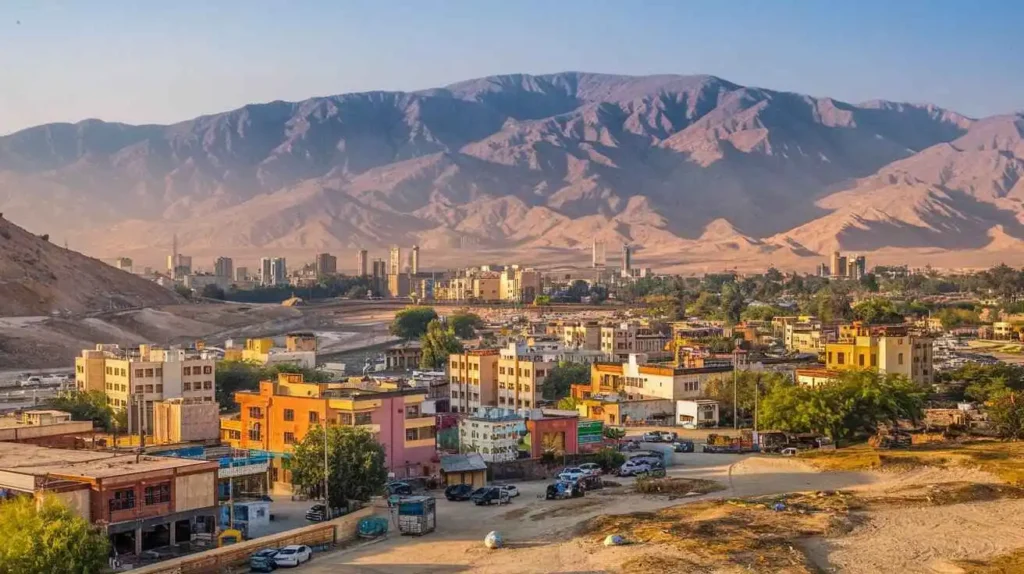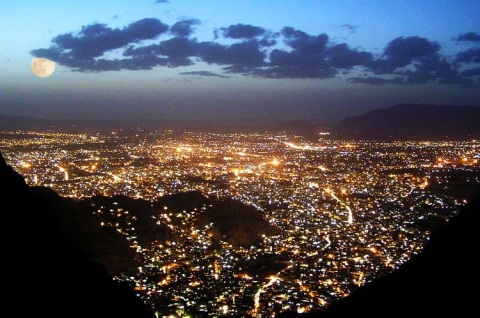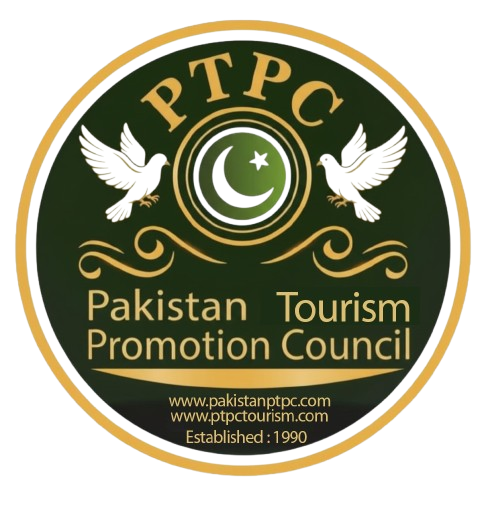Quetta
The Fruit Garden of Pakistan
Introduction – Quetta: A City of Mountains and Fruits
Nestled in the valleys of Balochistan, Quetta is known as the Fruit Garden of Pakistan because of its abundance of orchards, fresh produce, and natural beauty. Surrounded by majestic mountains like Chiltan, Takatu, and Murdar Hills, Quetta is a blend of cultural diversity, history, and breathtaking landscapes.
As the capital of Balochistan province, Quetta plays a vital role in Pakistan’s trade, tourism, and culture. At pakistanptpc, we highlight Quetta’s unmatched beauty, rich heritage, and economic importance to inspire travelers and researchers alike.
History of Quetta – A City of Strategic Importance
The history of Quetta goes back to ancient times when it served as a gateway for traders and armies moving between Central Asia, Iran, and South Asia.
- Ancient Roots: Believed to have been a part of the Persian Empire.
- Mughal Era: The city was used as a garrison.
- British Period: In 1876, Quetta became a key British military station due to its strategic location.
- Earthquake of 1935: A devastating event that reshaped the city.
Today, Quetta is a modern trade and cultural center with strong historical roots.


Geography and Climate of Quetta
Quetta is surrounded by mountain ranges and sits at an altitude of 1,680 meters (5,510 feet), making it one of the highest major cities in Pakistan.
- Climate: Quetta experiences cold winters with snow and pleasant summers.
- Mountains: Takatu, Chiltan, and Zarghoon provide scenic beauty.
- Natural Resources: Rich in minerals, orchards, and fresh water springs.
The climate makes Quetta an excellent hub for fruit orchards and agriculture.
Tourist Attractions in Quetta
Quetta is home to several natural and cultural attractions that make it a perfect tourist destination.
1. Hanna Lake
-
A picturesque lake surrounded by mountains, ideal for boating and picnics.
2. Hazar Ganji Chiltan National Park
-
Known for rare wildlife including the Markhor (national animal of Pakistan).
3. Quaid-e-Azam Residency (Ziarat)
-
A historic building where the founder of Pakistan spent his last days.
4. Hanna Urak Valley
-
Famous for waterfalls and orchards.
5. Spin Karez Water System
-
An ancient underground irrigation system.
Culture of Quetta – A Blend of Traditions
Quetta is home to multiple ethnic groups, including Baloch, Pashtun, Hazara, and Brahui communities. This diversity has shaped a rich culture filled with music, art, crafts, and traditions.
-
Languages Spoken: Pashto, Balochi, Urdu, and Persian.
-
Festivals: Eid celebrations, Sibi Mela, and local cultural festivals.
-
Dress: Traditional shalwar kameez with turbans and embroidered shawls.
-
Hospitality: Locals are known for their warmth and generosity.
At pakistanptpc, we emphasize Quetta’s culture as a symbol of unity in diversity.
Quetta’s Famous Food and Cuisine
Quetta is also famous for its mouthwatering food.
Must-Try Dishes in Quetta:
-
Rosh (Mutton Stew) – a traditional Pashtun dish.
-
Landhi (Sun-Dried Meat) – a winter specialty.
-
Sajji – roasted lamb or chicken filled with rice.
-
Kabli Pulao – rice with raisins, carrots, and meat.
-
Dry Fruits and Nuts – pistachios, almonds, and walnuts.
The Quetta tea stalls (chai khanas) are also popular, offering hot tea in a cozy cultural setting.

Quetta Bazaars and Handicrafts
The markets of Quetta are lively and colorful, offering traditional products.
- Liaquat Bazaar: Famous for handicrafts, carpets, and embroidery.
- Kandhari Bazaar: Known for dry fruits, spices, and Afghan goods.
- Meezan Chowk: A hub for cultural items and traditional food.
- Handicrafts: Embroidered dresses, Balochi rugs, and jewelry.
Quetta – The Fruit Garden of Pakistan
One of the main reasons Quetta is famous is because of its orchards and fruits.
-
Apples, Grapes, Pomegranates, Peaches, and Apricots are widely grown.
-
Dry Fruits: Almonds, pistachios, and walnuts are exported globally.
-
Seasonal Harvests: The orchards give Quetta a unique identity.
At pakistanptpc, we promote Quetta’s agricultural products and their role in Pakistan’s economy.
